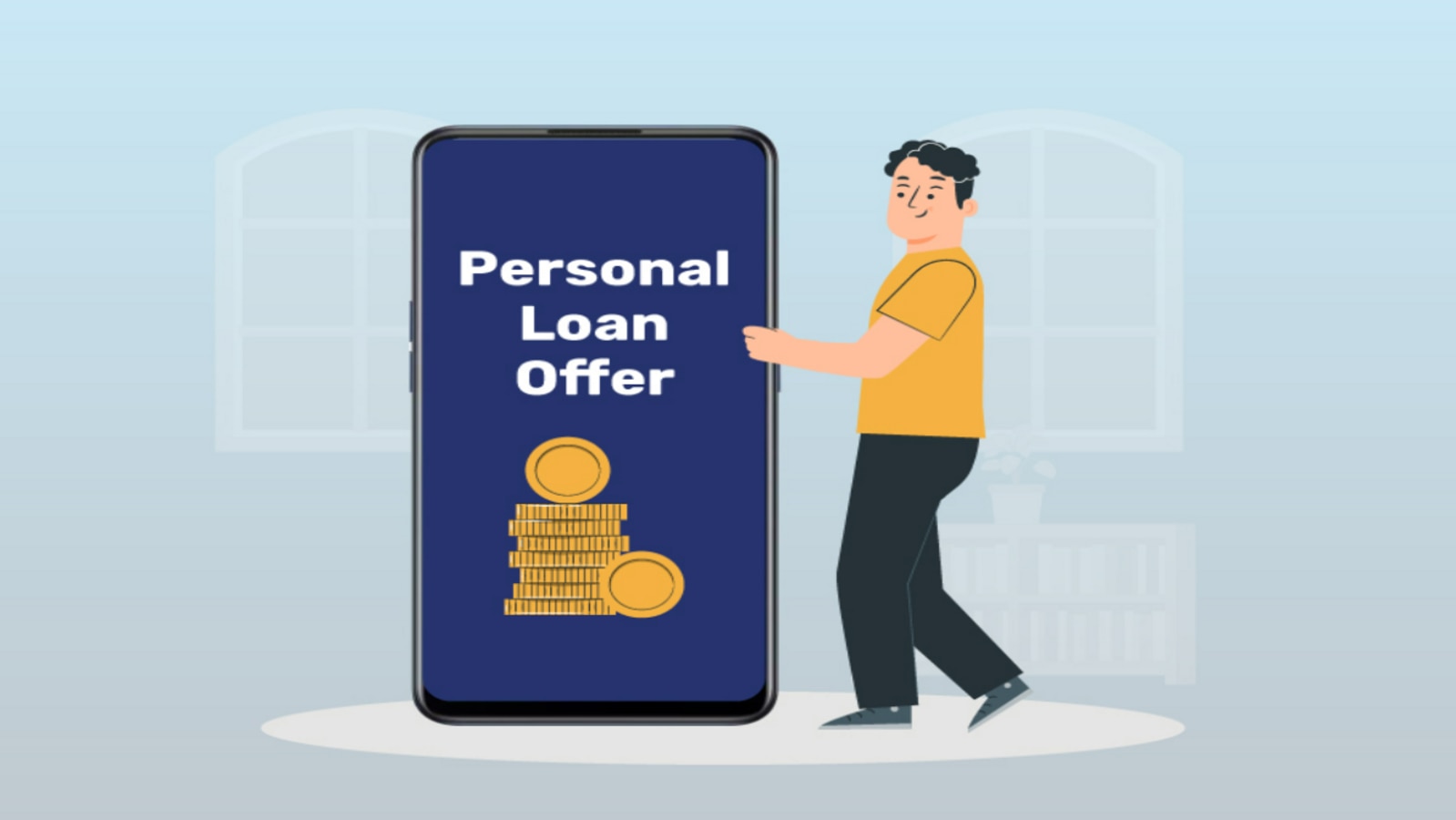By doing research and contrasting veteran-specific loan options with conventional personal loans, veterans may be able to determine which financing option best suits their needs.
- General loans: Veterans can benefit greatly from regular personal loans due to their flexibility and ability to be used for a variety of purposes. Most banks and credit unions allow veterans to apply for personal loans, and there are many different lenders to select from. Your credit score and financial history will dictate the interest rate and terms of the loan. This implies that veterans with strong credit may be eligible for highly competitive rates. Personal loans can be utilised for a variety of purposes, including debt consolidation, unforeseen bills, and home improvement. They are not restricted to a single use, like a mortgage or auto loan.
- Loans meant for veterans: Compared to standard personal loans, lenders who specialise in serving veterans may offer lower interest rates. This may result in lower borrowing costs, especially for veterans with spotty credit histories. Veteran loans could come with more accommodating repayment terms, like longer repayment terms or the option to postpone payments in the event of financial difficulty.
Certain lenders view military benefits—like retirement or disability pay—as a reliable source of income when evaluating loan applications. Veterans with lower regular incomes may benefit from this.
ALSO READ: Personal Loan Minimum Credit Score: What is the requirement? MintGenie answers
How to choose a veteran-specific loan?
Choosing the right financing option is not difficult provided veterans take care of the following details.
- Check for interest rates: Start by contrasting the interest rates offered by various lenders. Although veteran-specific loans might have lower interest rates, it’s always a good idea to compare rates. Think about the payback period. Greater flexibility, such as longer repayment terms or the ability to defer repayment due to hardship, may be offered by veteran loans. Verify whether the loan counts your military benefits as income, such as retirement or disability pay. Veterans who make less money traditionally may benefit from this.
- Check for loan eligibility: Verification of your military service may be required by certain lenders. Before the event, gather all the necessary paperwork. Members of particular veterans’ organisations may be the only ones eligible for certain veteran loans. Verify whether membership is necessary. Your credit score will probably affect approval and interest rates even for veteran loans.
- Check the fine print: Before signing anything, especially for veterans, it is imperative to read the fine print of a loan arrangement. It helps you to steer clear of future surprises and make wise financial decisions.
The details of the loan, including the interest rate (fixed or variable), the monthly payment amount and deadlines, and any associated costs, are outlined in the fine print. Comprehending these attributes enables you to effectively manage your finances and prevent unanticipated expenses.
Lenders often tuck extra fees or charges into the fine print. These may consist of application fees, processing charges, or even inactivity fees. Knowing about these hidden expenses enables you to factor them into the total cost of your loan and choose a lender that charges minimal additional fees.
ALSO READ: Personal loan vs overdraft facility: What to choose between the two and how to? MintGenie explains
Your obligations and rights when borrowing are outlined in the fine print. This could contain details regarding terms of default, the lender’s rights in case you miss payments, and any procedures for resolving disputes. Being aware of your rights ensures that you receive fair treatment throughout the loan duration.
Frequently Asked Questions (FAQs)
Q. Is a personal loan suitable for me?
If you have good credit score and need a specific amount of money, think about getting a personal loan. They may be expensive if you have poor credit score or a lengthy payback period, but they may be helpful for debt consolidation or urgent needs.
Q. What are the personal loan interest rates?
Depending on the lender and your creditworthiness, interest rates can differ significantly. The range of the Annual Percentage Rate (APR) is 6% to 36% or higher.
Q. What can I do with a personal loan?
Nearly any purpose can be served with a personal loan, though some lenders may have restrictions. Speak with the lender before applying for one.
Q. How can I compare loans for myself?
Do your homework and compare rates, terms, and fees from multiple lenders before applying for a personal loan. You can give several lenders calls directly or use internet comparison tools.
Q. Do personal loans have any fees attached?
Origination fees, late payment penalties, and prepayment penalties (in case you repay the loan early) might apply.
You are on Mint! India’s #1 news destination (Source: Press Gazette). To learn more about our business coverage and market insights Click Here!
Download The Mint News App to get Daily Market Updates.
More
Less
Published: 30 May 2024, 04:21 PM IST
